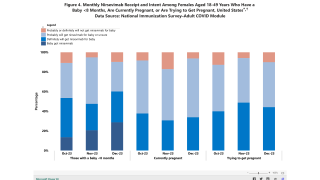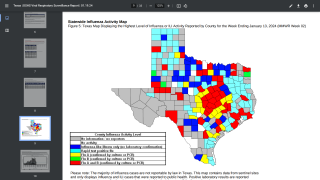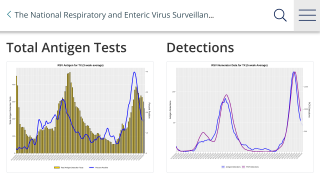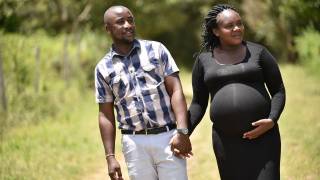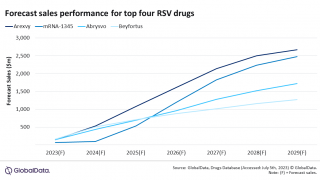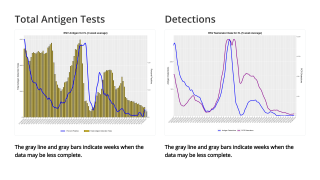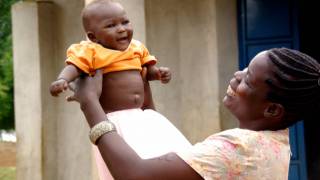RSV Vaccine Candidate Produced 10-20 Fold Increase in Virus-Killing Antibodies

There is good news regarding the respiratory syncytial virus (RSV), a common virus with a high disease burden in young children.
Various health stakeholders believe maternal immunization can provide infants with protection from this respiratory virus during the crucial early weeks and months as their immune systems mature.
Maternal immunization, a strategy well-accepted to prevent infant influenza and pertussis, aims to provide passive immunity to infants by the transfer of maternal antibodies across the placenta.
A first-in-human study’s conclusion ‘strongly supports the development of the RSVpreF vaccine candidate to prevent RSV disease in infants, by immunizing pregnant women.’
The Phase 1/2 data are for the 18 to 49-year-old subgroup of a RSVpreF vaccine trial in non-pregnant adults in the US. The trial compared 3 dosages of the RSVpreF vaccine candidate, with and without aluminum hydroxide. The trial's results were presented at IDWeek, in Washington D.C., on October 5, 2019.
The candidate vaccine was reported to elicit RSV 50 percent neutralization titer geometric mean fold rises of 10.6 to 17.2 for subgroup A, and 10.4 to 19.8 for subgroup B, as measured 1 month postimmunization, with evidence of a dose-response.
This IDWeek presentation stated ‘the 10-20 fold increases in neutralizing antibody titers elicited by the RSVpreF vaccine with a stable prefusion F antigen represent a step-change relative to the historical performance of vaccine candidates, with F antigens that were not stabilized in the prefusion conformation.’
The RSVpreF vaccine candidate is currently in a phase 2b clinical trial in pregnant women in the USA
This is important news since there are about 33 million estimated cases of RSV annually in children less than 5 years of age.
The virus is spread from person to person via respiratory droplets and spreads into the respiratory tract, where it preferentially targets apical ciliated epithelial cells. The incubation period for RSV from the time of infection to onset of illness is between 3 and 5 days.
‘No vaccine is currently licensed for use specifically in pregnant women to protect infants, and Pfizer hopes to change that,’ said a Pfizer spokesperson.
‘These data strongly support the development of this vaccine candidate to prevent RSV disease in infants, by immunizing pregnant women, and to prevent RSV disease in older adults, by direct immunization,’ concluded these researchers.
Disclosure: This study was supported by Pfizer. Various researchers and presenters work for Pfizer.
RSV Vaccine information published by Precision Vaccinations
Our Trust Standards: Medical Advisory Committee
- Phase 1/2, First-in-Human Study of the Safety, Tolerability, and Immunogenicity of a RSV Prefusion F-Based Subunit Vaccine Candi
- Prevention of Pediatric Respiratory Syncytial Virus Lower Respiratory Tract Illness: Perspectives for the Next Decade
- A PHASE 2B PLACEBO-CONTROLLED, RANDOMIZED STUDY OF A RESPIRATORY SYNCYTIAL VIRUS (RSV) VACCINE IN PREGNANT WOMEN
- The long road to protect infants against severe RSV lower respiratory tract illness




